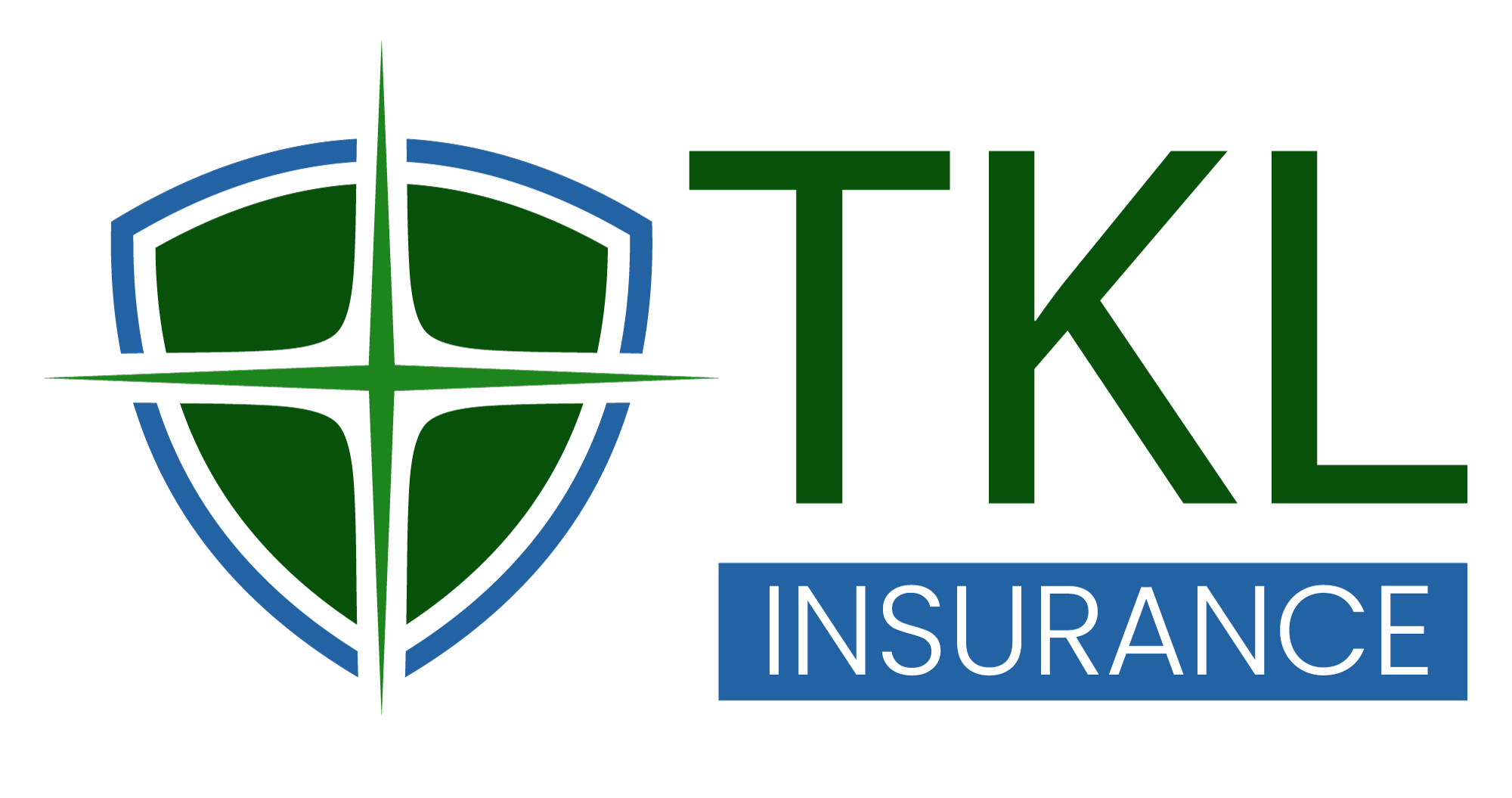Why is rental car insurance so expensive?

Does a 15-year-old with a permit need insurance
October 18, 2023
Does car insurance cover water damage from rain
November 20, 2023Table of Contents
ToggleWhy is rental car insurance so expensive?
Why is rental car insurance so expensive? In the US, rental car insurance is priced high due to the combination of high-risk factors and hefty profit margins.
High-risk factors:
- Unfamiliarity with the vehicle: Drivers unfamiliar with the rental car may be more prone to accidents or damages compared to their own vehicles.
- Higher usage and miles: Rental cars are often driven more frequently and for longer distances, increasing the likelihood of accidents or wear and tear.
- Younger drivers: Rental companies cater to a younger demographic, which tends to be more prone to accidents.
Hefty profit margins:
- High-margin product: Rental car insurance is a high-profit margin product for rental companies, making it a lucrative revenue stream.

- Aggressive upselling: Rental agents are trained to aggressively upsell insurance, often pushing customers to purchase coverage they may not need.
- Limited competition: The rental car industry is dominated by a few large players, limiting competition and allowing them to maintain higher insurance premiums.
Do I need rental car insurance if I have car insurance?
Whether you need rental car insurance, if you have car insurance depends on the specific coverages of your car insurance policy.
-
Collision and Comprehensive Coverage
If you have collision and comprehensive coverage on your personal car insurance, it will typically extend to rental cars in the United States and Canada. This coverage protects you from damage to the rental car, including dents, scratches, and theft. However, you will still be responsible for your deductible, which is the amount you pay out of pocket before your insurance company begins to cover your losses.
-
Liability Coverage
Your liability coverage will also apply to the rental car, up to the limits of your policy. This coverage protects you from lawsuits if you are at fault in an accident that injures or kills someone, or if you damage someone else’s property.
-
Rental Car Insurance from Major Credit Cards
Some major credit cards offer primary or secondary rental car insurance benefits.
Primary rental car insurance means that the credit card company’s insurance is the first coverage that will pay out, even if you have your own car insurance.
Secondary rental car insurance means that the credit card company’s insurance will only pay out if your own car insurance does not cover the loss.
To determine if you need rental car insurance, you should review your personal car insurance policy and compare it to the coverage offered by your credit card. If you have comprehensive collision coverage on your car insurance, and you are not using your credit card to pay for the rental, you may not need to purchase additional insurance from the rental car company.
Does Tesla’s insurance cover rental cars?
Yes, Tesla Insurance does cover rental cars in certain situations. If you have a rental car coverage add-on to your Tesla Insurance policy, it will cover you for the following:
- Collision and comprehensive damage to the rental car.
This includes damage to the car’s body, windows, tires, and other components.
- Loss of use.
This covers the cost of rental cars if your own car is in the shop for repairs.
- Loss of rental.
This covers the cost of your rental car if it is stolen or totaled.
However, there are some limitations to Tesla Insurance’s rental car coverage. For example, it does not cover:
- Accidents that are not your fault.
If you are in an accident that is not your fault, your own car insurance will typically cover the rental car.
- Theft that is not reported to the police.
You must report any theft of the rental car to the police in order for Tesla Insurance to cover it.
- Loss due to natural disasters.
Tesla’s rental car Insurance coverage does not cover floods, Earthquakes, and other natural disasters.
If you are planning to rent a car, reviewing your Tesla Insurance policy carefully is important to understand what is covered and what is not. You should also talk to your agent about purchasing additional coverage.
Why do rental car companies ask for insurance?
Rental car companies require customers to purchase insurance for several reasons:
Protect themselves from financial losses:
Rental cars are expensive assets, and accidents or damage can result in significant repair costs. By requiring insurance, rental companies can transfer some of the financial risk to the customer.
Maintain consistent coverage:
Rental car companies want to maintain consistent levels of coverage for all their vehicles, regardless of the driver’s personal insurance policy or credit card benefits. This allows them to more accurately assess the risk of damage or theft.
Ease of claims processing:
Rental companies prefer to handle insurance claims through their own insurance provider, rather than relying on multiple customer insurance policies or credit card benefits. This simplifies the claims process and ensures prompt payment for damages.
Protection from Lawsuits:
If the rental car is in an accident and causes injury or damage to others, you might face legal claims. Insurance helps cover these costs, reducing your financial responsibility.
Understanding Rental Companies:
Rental companies often try to sell their insurance plans aggressively. They offer different coverage options and deductibles to match what customers want and how much risk they’re comfortable with.
Streamlining rental process:
By requiring insurance upfront, rental companies can streamline the rental process and avoid the potential for disputes or delays during the rental period.
Enforcing customer responsibilities:
Insurance requirements serve as a reminder to customers of their responsibilities while driving the rental car, emphasizing the importance of careful driving and minimizing risks.
In summary, rental car companies require insurance to protect themselves from financial losses, maintain consistent coverage, simplify claims processing, mitigate liability risks, generate revenue, streamline the rental process, and promote responsible driving habits among their customers.
Is car rental insurance mandatory in Florida?
In Florida, you don’t have to get rental car insurance, but it’s a good idea. When you rent a car, the rental company must give you liability insurance. This insurance covers the other person’s car or medical bills if you cause an accident. But here’s the catch: it doesn’t cover the rental car itself.
If you don’t buy extra insurance and the rental car gets damaged, you’ll have to pay for it. This can be really expensive, especially if it’s a fancy car or you’re renting it for a long time.
There are a few types of rental car insurance you can get:
Collision Damage Waiver (CDW):
This pays for the rental car’s damage, no matter who’s at fault in the accident.
Loss Damage Waiver (LDW):
This covers theft or vandalism to the rental car.
Personal Injury Protection (PIP):
This pays for medical costs for you and your passengers if there’s an accident.
Supplemental Liability Insurance (SLI):
This boosts your liability coverage.
Tips for Renting a Car Easily and Safely
Renting a car can be tricky, but here are some easy tips to help you out:
- Check Different Rental Companies: Look at a few different companies and find the one with the best prices.
- Ask About Discounts: Some groups you belong to, like AAA or the military, might give you a discount. It never hurts to ask!
- Read the Fine Print: Always, always read all the details before you agree. This way, you know exactly what you’re paying for.
- Understand the Cost: Know how much you have to pay if something happens to the car. This is called a deductible.
- Check Your Own Insurance or Credit Card: Sometimes, your regular car insurance or credit card might cover your rental car. But you need to double-check to be sure.
Does Visa card cover rental car insurance?
Yes, certain Visa credit cards offer primary or secondary rental car insurance. Primary rental car insurance means that the credit card company’s insurance is the first coverage that will pay out, even if you have your own car insurance. Secondary rental car insurance means that the credit card company’s insurance will only pay out if your own car insurance does not cover the loss.
If you want to use your Visa credit card for rental car insurance, there are a few things to remember:
- Decline Additional Insurance: To be eligible for the primary rental car insurance provided by your Visa card, you need to say no to the rental car company’s collision damage waiver (CDW) or loss damage waiver (LDW) when you’re renting the car.
- Pay with Your Visa Card: You must use your Visa credit card to pay for the entire rental.
- Know the Limits: The insurance coverage from your Visa card might only apply to specific types of cars, like economy or midsize cars. It may not work for all vehicle types.
- Check Countries: Not all countries may be covered. It’s essential to confirm if the insurance works in the country you plan to visit.
- Understand Deductibles: There could be a deductible, which is the amount you have to pay from your own pocket before the insurance kicks in to cover your expenses.
By keeping these points in mind, you can make the most of your Visa credit card’s rental car insurance. Always double-check the details to avoid any surprises during your rental period.




